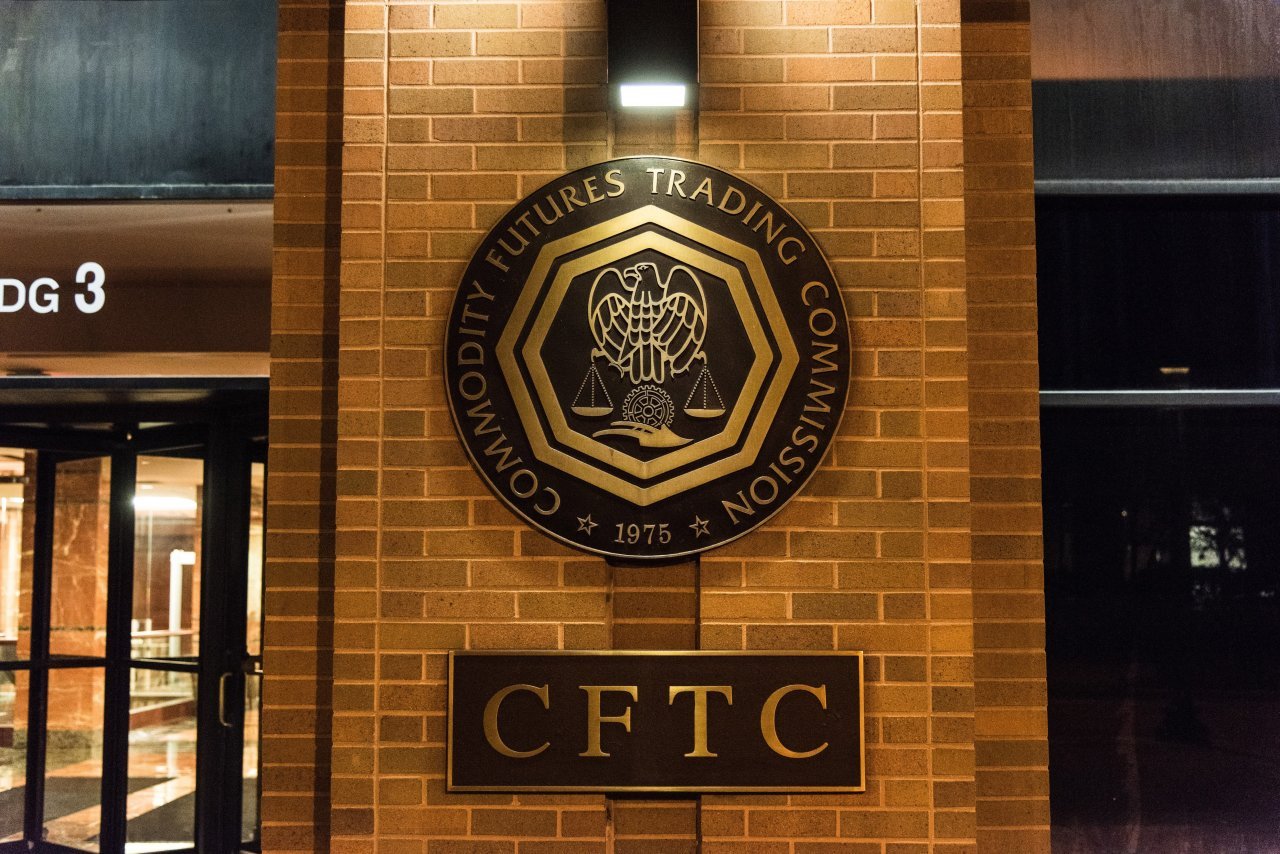Brian Quintenz Withdraws Nomination for CFTC Chairmanship


The White House has officially withdrawn the nomination of Brian Quintenz to chair the Commodity Futures Trading Commission (CFTC), bringing to an end weeks of speculation over his candidacy. Quintenz, a former CFTC commissioner widely recognized for his expertise in derivatives and digital assets, confirmed that he will instead return to private-sector roles. The decision, finalized late on September 30 and announced publicly on October 1, 2025, underscores the growing challenges facing regulatory appointments in Washington’s charged political climate.
The move comes amid heightened scrutiny of financial regulation and the digital asset industry’s growing influence in policymaking. Quintenz, who previously served at the CFTC from 2017 to 2021, had been considered a frontrunner due to his bipartisan experience and reputation for engaging with emerging technologies. However, reports suggest that mounting industry opposition, including lobbying by influential figures such as Tyler and Cameron Winklevoss, added significant pressure on the administration to reconsider.
Industry and political reactions
Reactions to the withdrawal highlight deep divides in the debate over financial regulation and digital asset oversight. Supporters of Quintenz argue that his experience navigating complex derivatives markets and his pragmatic approach to innovation would have strengthened the CFTC at a pivotal moment. They contend that his familiarity with blockchain technology and decentralized finance (DeFi) could have positioned the agency to balance innovation with investor protection.
Critics, however, expressed concerns over potential conflicts of interest, pointing to Quintenz’s post-CFTC advisory roles with blockchain-focused investment firms. Some progressive Democrats raised alarms about industry influence over regulatory agencies, while certain Republicans questioned whether his confirmation could withstand public scrutiny. Analysts believe that this bipartisan skepticism significantly reduced the likelihood of securing Senate approval, ultimately forcing the White House to withdraw his nomination.
Implications for CFTC leadership
The withdrawal leaves the Biden administration with the urgent task of identifying an alternative nominee capable of steering the CFTC through increasingly complex challenges. The agency plays a central role in overviewing U.S. derivatives markets while expanding its oversight into digital assets, stablecoins, and DeFi protocols. As crypto adoption accelerates, the CFTC is under pressure to adapt its regulatory framework to ensure both market stability and investor protection.
Observers suggest the administration may now pivot toward a candidate with fewer perceived industry ties, focusing on an individual who can appeal across party lines while maintaining technical expertise. Acting leadership at the CFTC will continue guiding the agency’s ongoing enforcement and rulemaking efforts until a new chair is confirmed.
For Quintenz, the decision marks a shift back to private-sector involvement. In a short statement, he thanked supporters and expressed confidence in the CFTC’s future, noting that he intends to continue contributing to financial market innovation from outside government service.
The episode highlights both the political sensitivities of financial regulation and the crypto sector’s growing clout in Washington. As the White House reassesses its next move, the outcome of this high-profile withdrawal illustrates the balancing act required to address innovation, regulation, and political consensus in an era of rapid technological change.







